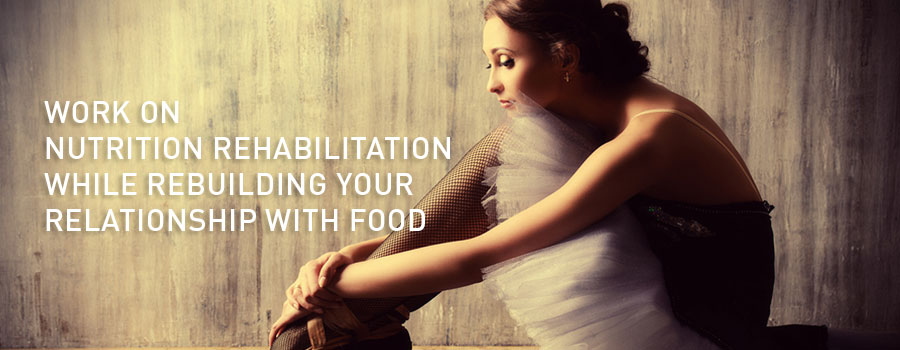How do you talk about exercise around your kids? Here are some helpful reminders as the holidays come around.
Exercising to burn calories, lose weight, or alter one’s appearance creates an unhealthy relationship with movement. Linking exercise to food intake in any way—“I ate too much today, I have to go workout”—teaches kids that they should compensate for food consumed with exercise, which is a dangerous and disturbing message that, over time, can potentially lead to the development of an eating disorder. Plus this way of thinking, disconnects you from your body’s wisdom. Your appetite naturally adjusts to days when you eat more. There is no need to actively DO anything.
Using rewards like dessert, glamorizes dessert. Withholding dessert based on activity causes resentment from kids and takes away the natural joy around moving. Linking the two may also inadvertently convey that you’re watching, judging, assessing, evaluating their movement level. And that is not fun. Decide whether your family has dessert independent of movement (or what they do/don’t achieve). That helps kids to development a good relationship with food, body and movement.
Lastly, our metabolism can digest food, including sugar, even if you don’t exercise. This concept is hard for many of my patients. We need fuel even when we are resting 🛌 , injured 🤕, vacationing 🌴etc.

#dietfreeparenting#parenting#adolescenthealth#bodypositive#bopo#bodypositivekids#mentalhealth#stress#sleep#hungermeter#joyfulmovement#nondietapproach#rd2be#dietitiansofinstagram#rd2rd#sportsnutrition#nutritioneducation#adolescents









